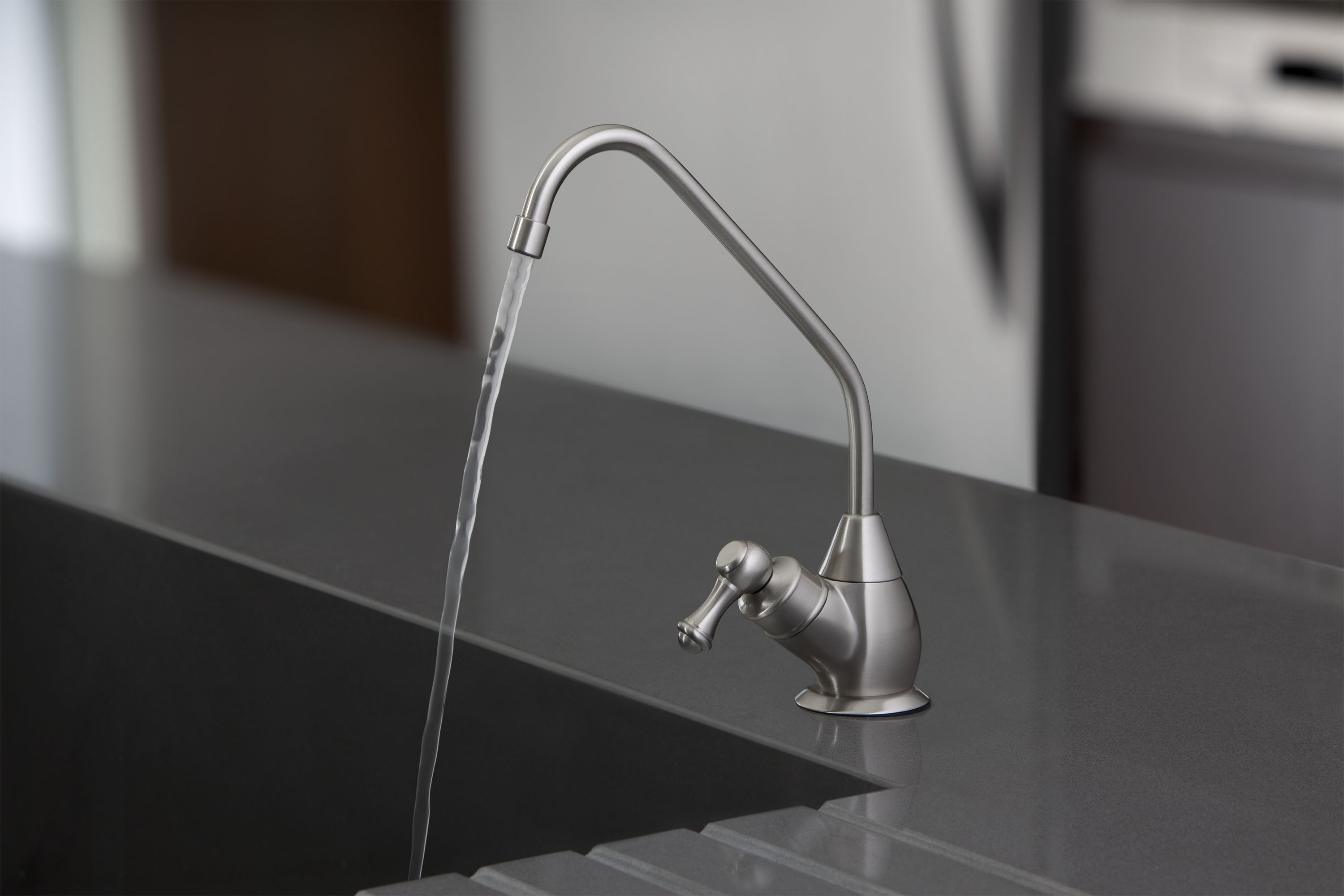Water is essential for life, but the quality of our drinking water can vary greatly depending on where we live and how it is treated. In many cases, tap water can contain contaminants like lead, chlorine, and pesticides that can be harmful to our health. Installing a water filter in your home can help improve the taste, smell, and safety of your water, and provide several other benefits as well.
- Health Benefits
Drinking clean, filtered water can have many health benefits. By removing harmful contaminants, water filters can help prevent gastrointestinal problems, headaches, and other health issues that can result from exposure to contaminated water. They can also help remove chlorine and other chemicals that can dry out your skin and hair, leaving them looking and feeling healthier.
In addition to these immediate health benefits, drinking filtered water over time can also have long-term benefits. For example, it has been suggested that drinking water that is free from contaminants like lead and pesticides can help protect against certain types of cancer and other chronic health conditions.
- Environmental Benefits
In addition to the health benefits, using a water filter in your home can also be better for the environment. By reducing the need for bottled water, which generates plastic waste that often ends up in landfills and oceans, water filters can help reduce your carbon footprint and protect the planet.
- Financial Benefits
Using a water filter can also save you money in the long run. While the initial cost of purchasing and installing a water filter may be higher than simply drinking tap water, over time, it can help you save money on bottled water and other water filtration systems. Additionally, using a water filter can help extend the life of your plumbing fixtures and appliances, saving you money on repairs and replacements in the long run.
- Types of Water Filters
There are many different types of water filters available, each designed to meet different needs and preferences. Some of the most common types of water filters include:
- Carbon filters: These filters use activated carbon to remove contaminants like chlorine, volatile organic compounds (VOCs), and sediment from water.
- Reverse osmosis filters: These filters use a semi-permeable membrane to remove minerals, heavy metals, and other contaminants from water.
- UV filters: These filters use ultraviolet light to kill bacteria and other pathogens in water.
When choosing a water filter for your home, it is important to consider factors like the type of contaminants in your water, the flow rate of your water, and your budget.
Conclusion
In conclusion, installing a water filter in your home is a smart investment that can provide a range of benefits. From improved health to environmental and financial benefits, using a water filter is a simple and effective way to protect your health and the planet, while saving money in the long run. With so many different types of water filters available, there is sure to be one that is perfect for your home and your needs.

